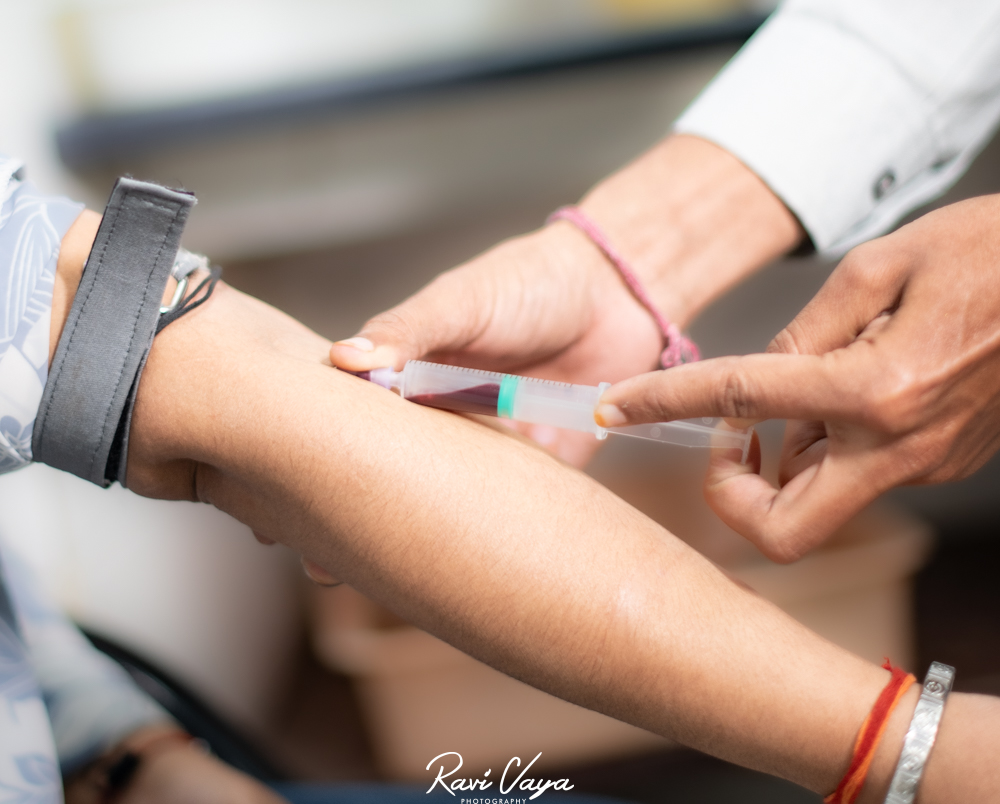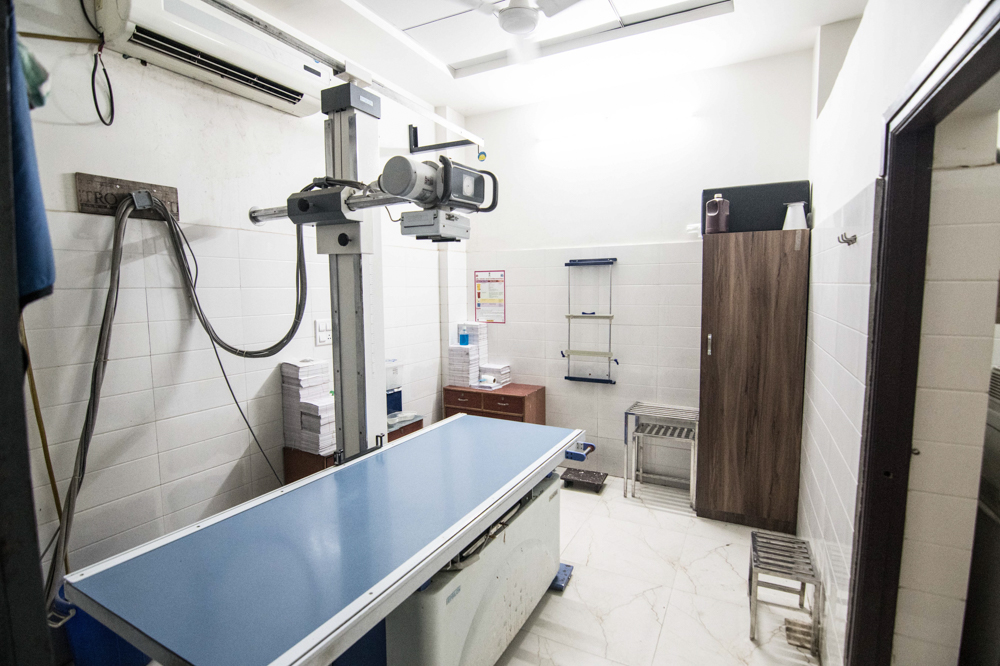Medical diagnostics have come a long way, offering precise and minimally invasive procedures to detect various conditions. One such essential diagnostic tool is the FNAC test (Fine Needle Aspiration Cytology), widely used for detecting abnormal tissue growth, infections, and cancerous conditions.
If you’re searching for Radiology Services in Kota or a reliable Diagnostic Centre in Kota, understanding the FNAC test will help you make informed healthcare decisions. This guide explains everything about the FNAC test, from its procedure and benefits to potential risks and aftercare.
What is an FNAC Test?
FNAC, or Fine Needle Aspiration Cytology, is a minimally invasive diagnostic procedure where a fine, thin needle is used to extract cells or fluid from lumps or swollen areas in the body. These collected samples are examined under a microscope to identify the presence of infections, cysts, or malignancies.
When is an FNAC Test Required?
Doctors recommend an FNAC test when a patient presents with:
- Lumps or swelling in the breast, neck, thyroid, or lymph nodes.
- Suspicion of cancerous growths in various organs.
- Fluid-filled cysts that require further examination.
- Chronic infections or inflammatory conditions requiring a tissue sample for a definitive diagnosis.
- Unexplained swellings or lesions detected during physical examinations or imaging tests.
How is the FNAC Test Performed?
The FNAC procedure is quick, simple, and usually painless, typically performed in an outpatient setting. Here’s how it works:
Step-by-Step FNAC Procedure
- Preparation: The doctor cleans the area to prevent infections.
- Local Anesthesia (if required): While FNAC is generally painless, local anesthesia may be used in sensitive areas.
- Needle Insertion: A fine, hollow needle is inserted into the lump or tissue.
- Sample Collection: The doctor extracts a small amount of fluid or tissue cells for analysis.
- Microscopic Examination: The collected sample is examined in a pathology laboratory for infections, benign growths, or malignant (cancerous) cells.
The entire procedure takes 10 to 15 minutes, and results are usually available within a few days.
Advantages of the FNAC Test
Opting for an FNAC test comes with multiple benefits:
- Minimally Invasive: No need for large incisions or surgery.
- Quick Results: Diagnoses conditions faster than traditional biopsies.
- Safe & Painless: Low risk of complications or infections.
- Cost-Effective: More affordable than other biopsy methods.
- Outpatient Procedure: No hospital stay required.
Potential Risks and Side Effects
While FNAC is safe and well-tolerated, minor risks include:
- Mild Pain or Discomfort at the needle insertion site.
- Bruising or Swelling, which subsides in a day or two.
- Minimal Risk of Infection, though rare.
If you experience persistent pain, excessive swelling, or signs of infection, consult your healthcare provider immediately.
FNAC Test vs. Biopsy: What’s the Difference?
| Feature | FNAC Test | Surgical Biopsy |
| Invasiveness | Minimally invasive | Requires surgical incision |
| Procedure Time | 10-15 minutes | 30 minutes to 1 hour |
| Recovery Time | No downtime | Longer recovery |
| Tissue Sample Size | Small cell sample | Larger tissue sample |
| Accuracy | High for initial diagnosis | More detailed and comprehensive |
Where to Get an FNAC Test in Kota?
If you’re in Kota, choosing a trusted Diagnostic Centre in Kota is crucial for accurate results and professional care. Some of the best Radiology Services in Kota offer advanced FNAC testing with experienced radiologists and pathologists.
When selecting a diagnostic center, consider:
- Accreditation & Certifications
- Experience of Pathologists
- Modern Diagnostic Equipment
- Patient Reviews & Ratings
- Turnaround Time for Reports
For trusted FNAC testing in Kota, consult reputed hospitals and diagnostic centers specializing in cytology and radiology services.
Frequently Asked Questions (FAQs)
1. How long does the FNAC test take?
The procedure usually takes 10-15 minutes, and you can resume daily activities immediately.
2. How accurate is the FNAC test?
FNAC is highly accurate in diagnosing infections, cysts, and malignancies, but sometimes a biopsy is required for confirmation.
3. What should I do after an FNAC test?
Avoid pressing or rubbing the area, and apply an ice pack if there’s mild swelling. Follow up with your doctor for the test results.
Conclusion
The FNAC test is a quick, safe, and effective diagnostic tool that plays a crucial role in identifying abnormalities such as lumps, cysts, and cancerous growths. If you’re searching for trusted Radiology Services in Kota or a Diagnostic Centre in Kota, choosing a facility with experienced specialists and modern diagnostic equipment is essential. Dr. Vaya’s Lab is a leading diagnostic center that provides accurate FNAC testing with expert care, ensuring patients receive timely and precise diagnoses.
By understanding the FNAC procedure, its benefits, and potential risks, you can take proactive steps toward early detection and better health management. Prioritizing timely diagnosis helps in effective treatment planning, leading to improved health outcomes . Contact Dr. Vaya’s Lab today to book your appointment and get expert diagnostic care!




